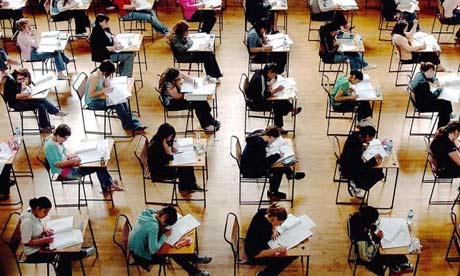Why Lowering The Bar Passage Score
May Help Diversity
Earlier this month, the California Supreme Court announced that it will permanently lower the passing score for the state’s Bar Exam in response to the COVID-19 pandemic.
“The changing circumstances surrounding the ongoing COVID-19 pandemic in California, and throughout the country, have had an unprecedented impact on professional licensure testing for graduates seeking admission to many professions,” the court wrote in its letter. “Many law school graduates are being substantially affected by the resulting disruption.”
Maura Dolan, a legal affairs writer for the Los Angeles Times, recently spoke to experts on what the passing score change could mean for the legal industry’s diversity.
BARRIERS TO THE BAR
Experts have long argued that the state’s notoriously high passing score of 1440 (now lowered to 1390) creates barriers to the legal industry, especially for minority law grads.
“There is absolutely no evidence that shows having a higher score makes for better lawyers,” UCLA School of Law Dean Jennifer L. Mnookin, a long-time supporter of lowering the passing score, tells the LA Times. “There is significant evidence that it reduces the diversity of the bar.”
And the numbers reflect that reality.
According to a survey by the State Bar of California, 68% of the state’s lawyers are white, with only 32% being people of color. California’s population, however, is made up of 60% of people of color and 40% white.
Victor D. Quintanilla, a professor at Indiana University’s Maurer School of Law and an adjunct faculty member of the Department of Psychological and Brain Sciences, says the high passing score has disproportionally hurt minorities.
“There is social psychological research that shows that even when people of color take an exam and do well, that exam may not reflect their true potential,” Quintanilla tells the LA Times.
LONG OVERDUE
Proponents of a score cut have been calling on the Court to lower the passing score for many years.
Three years ago, the Court decided against lowering California’s passing score, which according to the LA Times, was the second-highest in the nation after Delaware’s.
This time, however, in the midst of pandemic the Court finally gave in to lower the passing score.
“Some graduates have lost job offers,” the court wrote in a letter to the bar. “Many are about to lose health insurance, cannot find a job to pay bills, or are in fear of deportation if they cannot enter the bar in time to retain job offers. Many more have student loan payments that become due in mid-November, but without a law license and the ability to work, they fear going into default.”
The COVID-19 pandemic helped to accelerate that decision, but experts say the Black Lives Matter movement could have influenced it as well.
“On the one hand, the pressure to lower the score has existed for some time,” UC Berkeley School of Law Dean Erwin Chemerinsky tells the LA Times. “On the other hand, the racially disparate impact of the higher cut score may have had particular importance for the court in light of what has happened in the last few months.”
Sources: Los Angeles Times, California Supreme Court, State Bar of California


Questions about this article? Email us or leave a comment below.